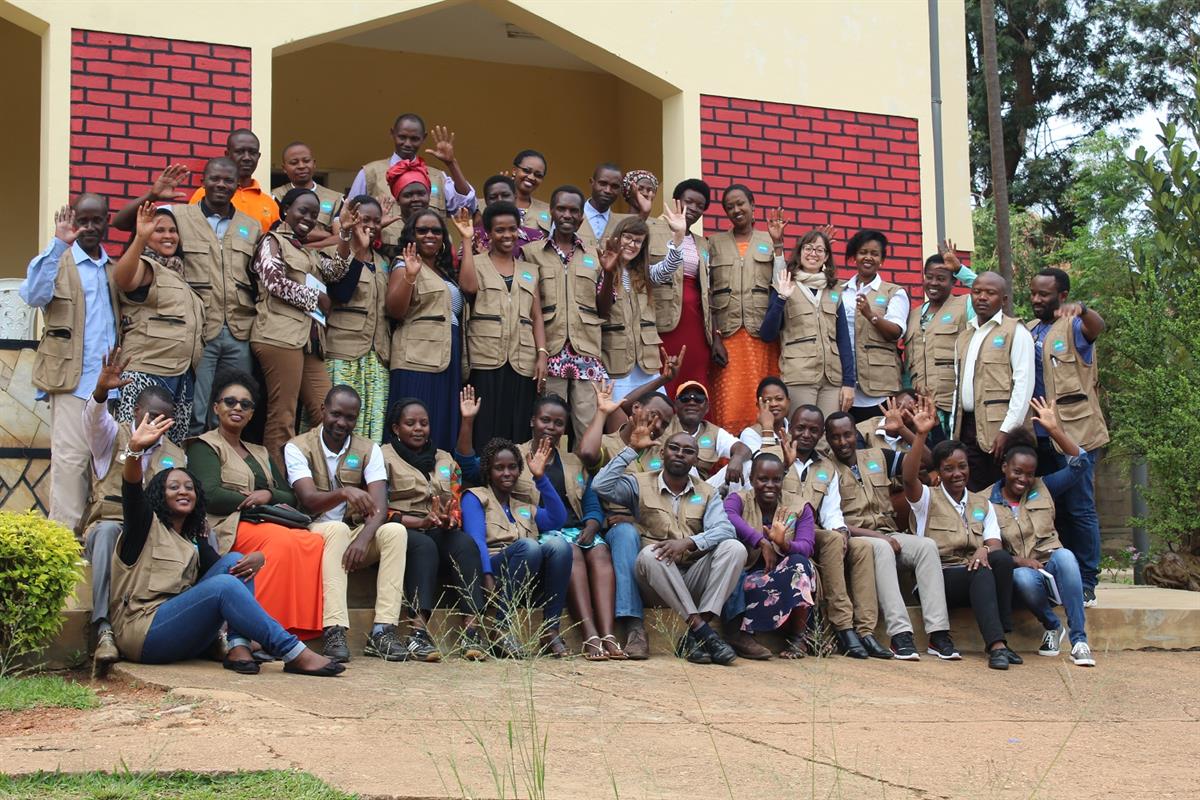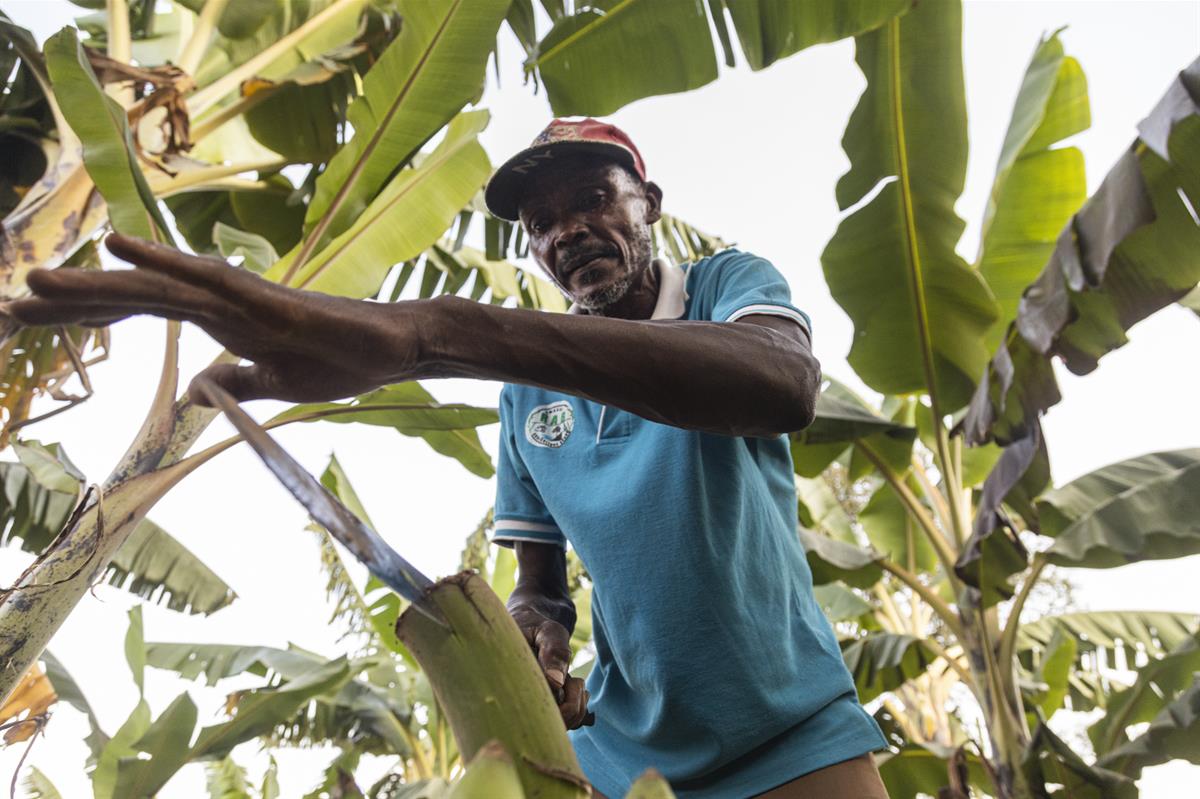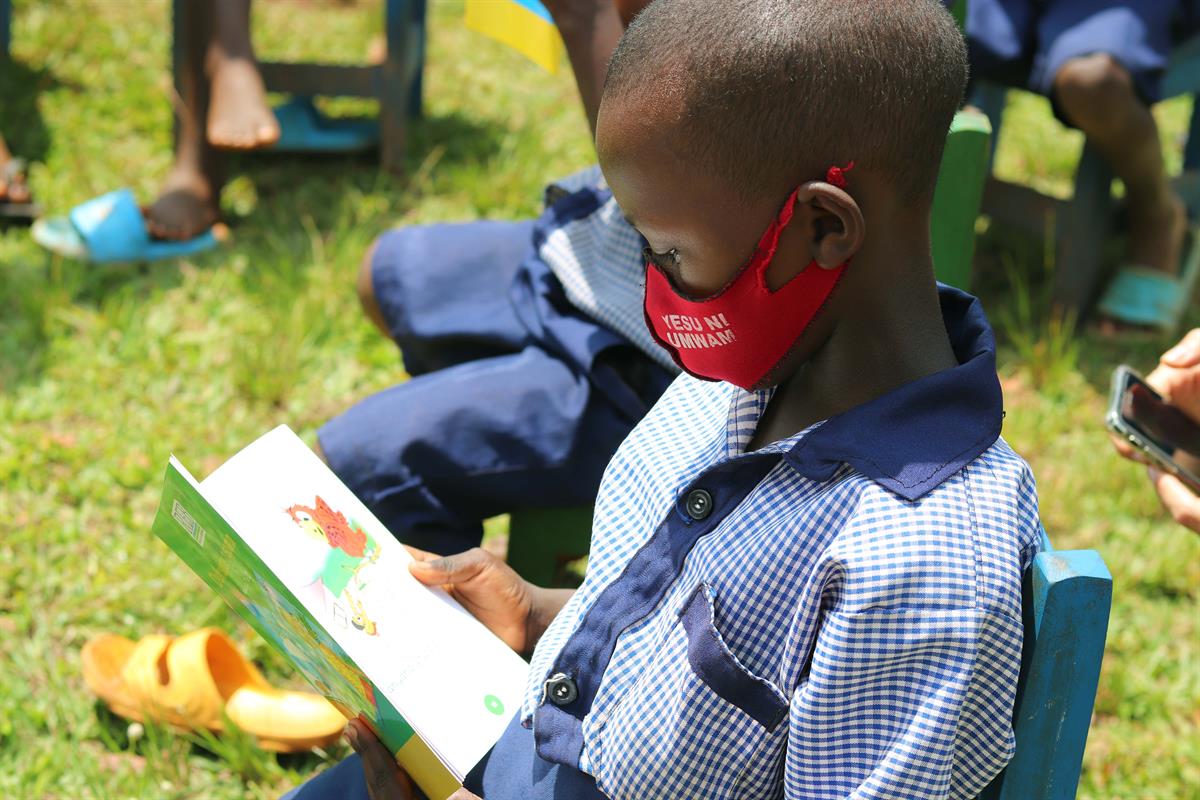On April 7, 1994 the genocide in Rwanda began: this event has marked not only Rwandan culture but also the international scene. The internal social dynamics and ethnic division broke out with brutal ferocity, leading to almost one million victims.
This terrible nightmare ended on July 4, that today is celebrated as the Liberation Day: the end of the genocide marked an important moment in Rwanda's history, making it essential to build a national image. Even today, the genocide is a very sensitive subject, which emotionally touches all those people who experienced it and lost families and friends.
28 years later, Rwanda is a stable country, with a strong Rwandan national identity and a growing economic sector.
AVSI Rwanda through the years
AVSI entered the country in 1994, shortly after the end of the genocide, carrying out emergency response activities to support children and the families of the victims.
The very first project took place in the orphanages of the Rogationist Fathers in Nyanza and Gatagara, in the southern province: the facilities housed a total of 800 orphans between the ages of 5 and 17.
Between September and December of that year, the project focused on supporting children and young people who had endured great trauma during the war, by providing them with lifesaving items: food, clothing, medicine and health care.
A pivotal part of these activities was the space given to the orphans to express their feelings and share experiences and concerns, also through writing and drawing.
One of them recognized this really helped him to start processing what happened: "Before, it was like I was in a nightmare", he said.
Over time, more and more projects focusing on different sectors have been kicked off, aligning with the needs of the country.
Lorette Birara, the current country representative, started working in AVSI Rwanda in 2004 and has witnessed this change. Ten years after entering the country, AVSI was implementing projects that combined emergency and development actions.

In 2004, a USAID-funded project was implemented by the organisation at a regional level, in Rwanda, Uganda and Kenya, focusing on the involvement of communities as agents of change, carrying out actions aimed at building basic capacities and organising cooperatives and community groups.
This approach has been consolidated over the years, strengthened by the integration of local volunteers, members of the community, in accompaniment and monitoring activities. Today, AVSI can count on 82 community volunteers, whose work is fundamental for the success of the implemented projects.
In the following years, agriculture, food security and access to drinking water became important areas of intervention.
From 2006 to 2008, in collaboration with the Italian NGO MLFM (Movement for the Fight against World Hunger), AVSI Rwanda built a water system in the district of Gicumbi, in the Northern Province.
Social accompaniment remained a cornerstone of AVSI's work, which has always aimed at accompany people, regardless of their age or status, on a path of integration and growth through its projects.
Long-term partnerships with UNICEF, Fondation d'Harcourt, and the European Union have allowed the construction of childcare centres, social workshops, and development centres in all the provinces of the country.

AVSI Rwanda today
As of today, AVSI Rwanda operates in 26 districts, supporting about 30,000 people, both direct beneficiaries and not.
The Distance Support project is the longest running project, active since 1997, and today sponsors 1,504 children, while also helping their families.
It plays a key role in identifying vulnerable people, thus potential beneficiaries of the projects, and their most urgent needs.
Fighting cultural stigmas and conflict management are constantly present in AVSI's projects, as well as literacy and education.
